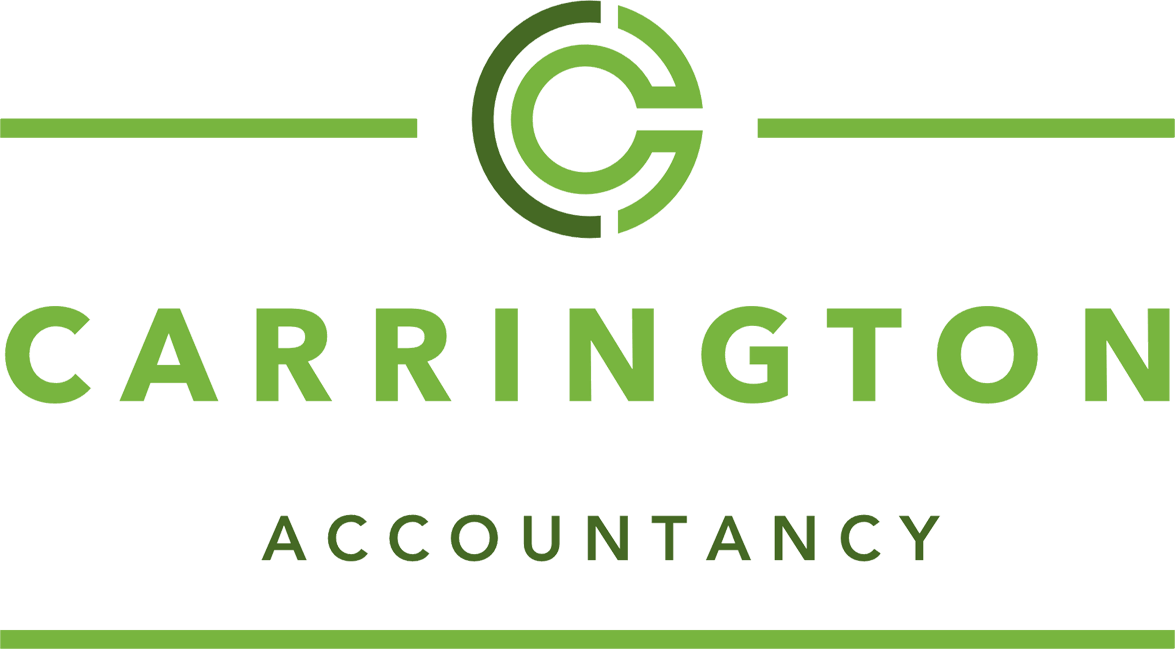Ask the Accountant
Personal Tax – what are ‘payments on account?’ #AskTheAccountant
15/02/2018
Many more people who submitted a tax return (Self Assessment) for 16/17 found themselves with a much larger than expected tax bill. The main reason for this is that the 16/17 tax year was the first year that the ‘dividend tax’ took effect. Many people were shocked that as well as paying the actual tax owed for 16/17 they also found themselves having to make ‘payments on account’ for 17/18 so in effect a ‘double whammy ‘of tax to pay.
 So, what exactly are ‘payments on account?’
So, what exactly are ‘payments on account?’
If you complete and submit a Self-Assessment and your personal tax bill is greater than £1,000 HMRC will ask you to make ‘payments on account’ for the following tax year. The first payment is due on or before January 31st – you will need to pay the tax liability that you owe plus further money to cover the ‘payment on account’. HMRC will then ask you for another payment on account to be made on or before July 31st.
So how is the ‘payment on account’ amount calculated? This is best explained using some figures:
Example 1
If you submitted a 16/17 self-assessment and your tax bill was £3,000, HMRC will ask you to pay this £3,000 plus another 50% in January and July:
Tax owed for 16/17 due on or before January 31st, 2018 = £3,000
Plus, payment on account of £1500
Total you must pay on or before January 31st, 2018 = £4,500
You must then pay another £1500 on or before July 31st, 2018
Example 2
If you submitted a 16/17 self-assessment and your tax bill was £7500, HMRC will ask you to pay this £7500 plus another 50% in January and July:
Tax owed for 16/17 due on or before January 31st , 2018 = £7500
Plus, payment on account of £3750
Total you must pay on or before January 31st 2018 = £11,250
You must then pay another £3750 on or before July 31st,2018
So what happens to the payments on account? The money is held on your self-assessment account with HMRC and offset against the tax liability generated in 17/18. You don’t lose this money – you have simply paid some of your 17/18 tax bill in advance.
But what if your future tax bill turns out to be lower? HMRC will refund any excess amount that you have paid. If you think this might be the case then the key is to get your next tax return completed and submitted as soon as you can. If you can get this done before July 31st and your tax bill is lower then expected you may be able to reduce or even negate the second payment on account. You may even be able to claim a refund.
HMRC do allow you to reduce your payments on account but you need to be 100% sure that your tax liability in the next tax year will be lower. This may be the case if you are moving from say working through your own limited company to a PAYE position. If it turns out that you reduced your payments on account but you shouldn’t t have then HMRC can impose interest and penalties, calculated back to when the payments on account should have been made.
Accountancy Expertise – here to answer your questions to help you run a successful business.
We’ll be posting frequently asked questions and answers. Can’t find the answer to a question you’re looking for? Get in touch via twitter @CarringtonAcc using the hashtag #AskTheAccountant or email contact@carringtonaccountancy.com and one of our expert accountants will be happy to help. #AskTheAccountant






